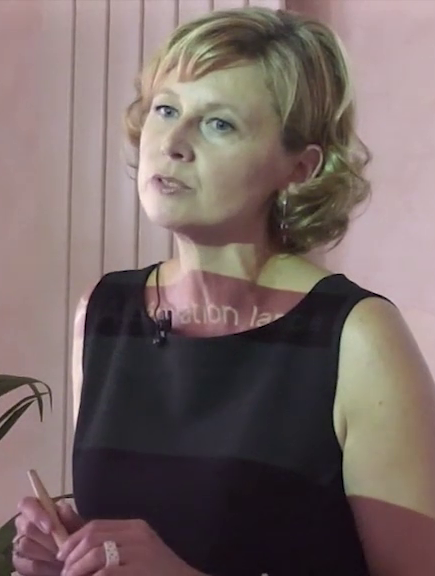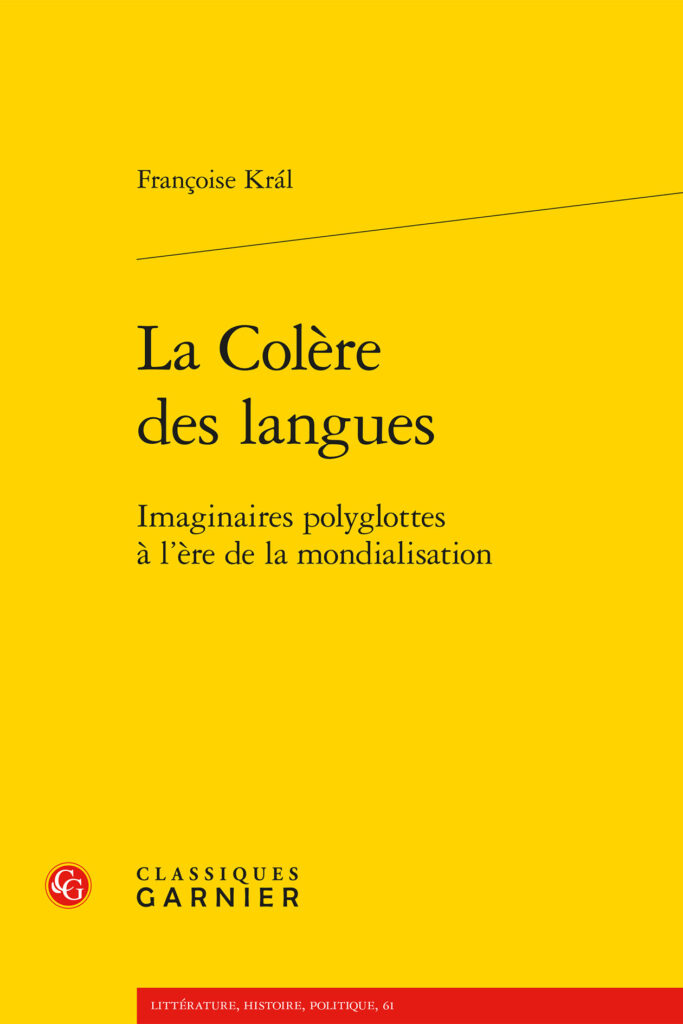Literature has an increasingly global reach. Literary works go more and more global, as does publishing. With international publishing being heavily impacted by the growing hegemony of the anglophone world, its publishing houses, its aesthetic priorities and its imaginary representations, new ways of reading have appeared. In the face of such changes, literature has the power to give voice to certain resilience and to resist streamlining.
Another key parameter is the role of English, a former colonial language that has become a global language. English, which has long competed with French, is also a language which has evolved with globalization and whose transformations and rerootings in different geographical contexts have opened up spaces of intervention and contestation.
Starting with an analysis of the idea of a global language, and taking a historical view of reflection on linguistic diversity, Françoise Král examines the capacity of contemporary literature to create a global imaginary and to help us understand and accommodate ourselves to our globalized condition.
This event is organized as part of the Mois de la Francophonie 2025 and on the occasion of the release of the speaker’s latest book La Colère des langues.



